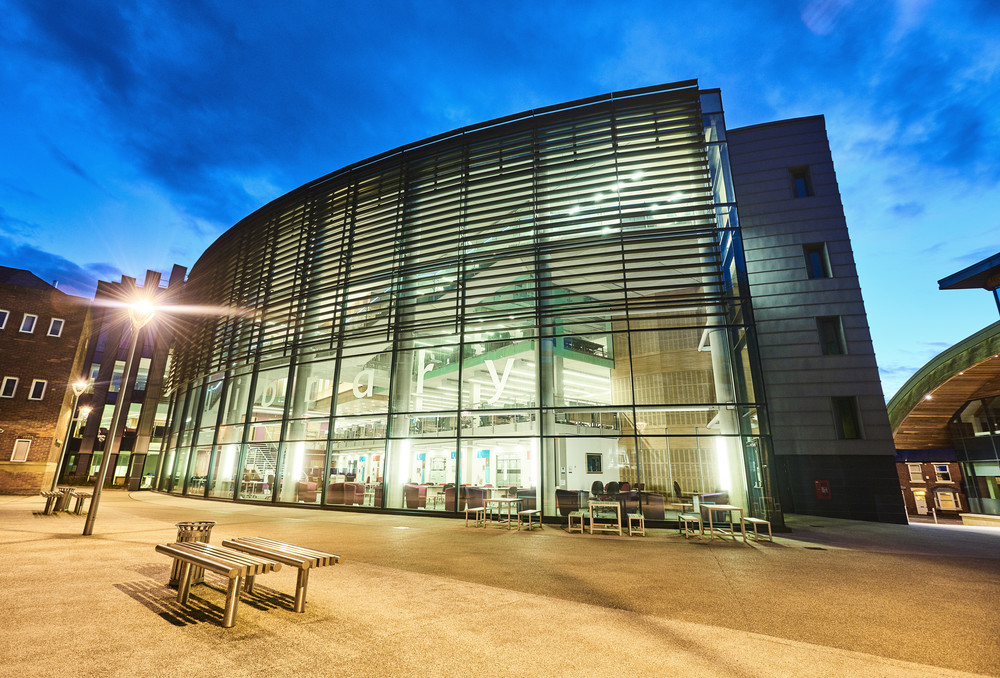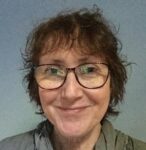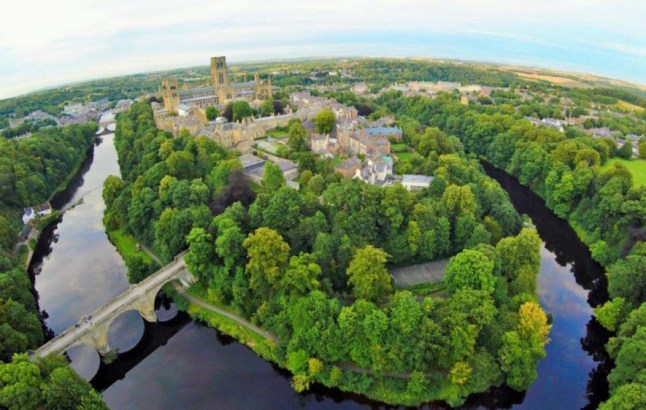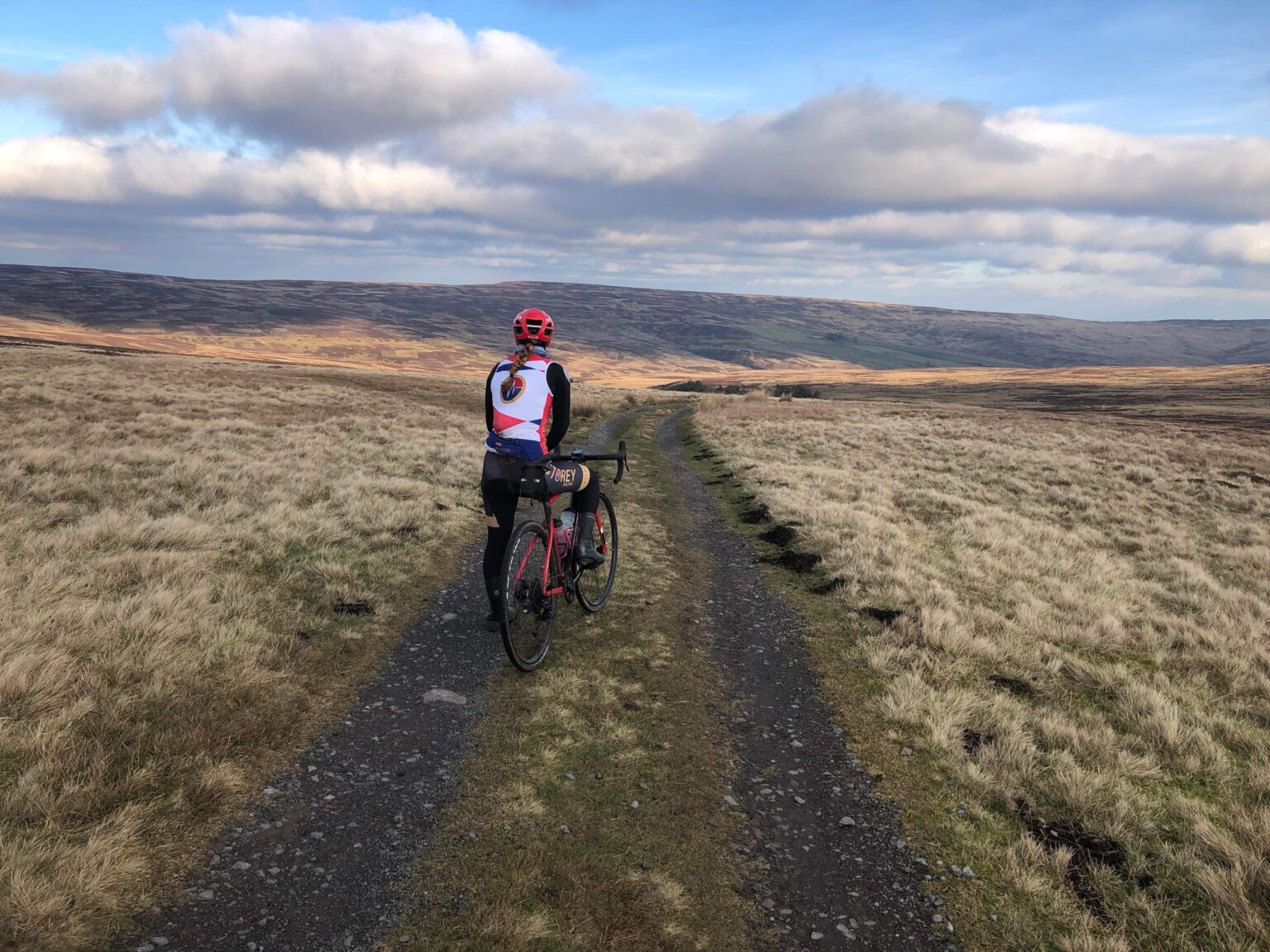When I was about 8 years old, I thought to myself, “when I grow up, I want to be a scientist and be called Doctor”. But my life has been anything but a straight path to this dream; instead, I have had many ‘stones in the road’. This is my story of a complicated academic career overlaid by an even more complicated professional life. My hope is that it will show you how you can find ways to marry the two and make your dreams happen.
Baby steps…
I eventually became a scientist, a chemist. But I have worked in the tech sector for over 25 years now, so you may be wondering how I reached my goal of being a scientist, but then changed the goalposts? It is a bumpy ride, so hang on.
I left home at 16. My family was poor, and I was born into a large family, late on in my parents’ life. They had both been in the military during WW2 and my father had severe PTSD, which took a massive toll on his life and his family. I went to live with an older sister and did my A Levels while working two part-time jobs. By some miracle, I managed to get a university place at a college that was an adjunct to Lancaster University. The degree was in psychology with biology, and a tertiary subject, math. This was the early 80s; then, you were given a grant to go to university, which for a student in my situation was a godsend. This was the time of Thatcher’s government, and I was a keen activist; I left after a year, to follow my left-wing activist commitments. Seems a strange thing to do now, but you make decisions like that when you are younger and freer. I became pregnant at 20 and moved back to Newcastle with my daughter’s father. We managed to live for 6-weeks with my parents before leaving: ‘sofa surfing’ with a baby is an experience I would not recommend. My daughter, who was around 3 months old, contracted a chest infection because of the damp conditions in the friends’ flats we stayed in.
Again, because there were societal structures in place to help people in difficult situations, we were quickly given a council flat. This was still the 1980s, unemployment was at a record high. The pressure of the situation put an end to my relationship with my daughter’s father and I became a single parent. I knew I had to find a job to make sure my daughter had a decent life, better than my own poverty-stricken childhood.
To kickstart my brain after the events of the previous years, at 22, I went back to school. Again, I was lucky as structures in place meant I could leave my daughter in the school creche while I studied. I did a new A Level in Art (just for fun) and I redid the final year of my chemistry A Level. After getting a better grade in my chemistry A Level than the original attempt, I applied to do a degree in Chemistry at Woolwich polytechnic in London. I was offered a place and I used a flat exchange scheme to swap my council flat with another family in Woolrich. Unfortunately, just before I was due to move, their flat burnt down. (Yes, you could not make this up.) It was now August and I panicked, I called up Newcastle Polytechnic (now University of Northumbria) and asked if they had any places left on their Applied Chemistry degree course: they did. I went on to complete the sandwich degree, got a 2:1, and was offered a job at the company where I did my year placement. Notably, I chose a job over a Ph.D. that I was offered at the same time so I could start to earn money for my family; Sometimes you must make tough decisions. I worked as an analytical chemist for several years; finally, the 8-year-old’s dream of being a scientist seemed to have come true.
Durham University, maturity, and being a part-time student
For brevity, I will skip forward a few years and miss out a few horror stories of career misogyny. I taught science after doing a PGCE at Newcastle University before co-founding my first company.
Starting up a company is a strange thing to do, especially when you don’t have any safety net, like parental support, to fall back on. Naivety definitely helped! The product was a security solution; my (new) partner and I built the company in the bedroom of that same council flat I was given when my daughter was a baby. We went on to employ many people and the company was recognised as a Deloitte and Touche Fast 50 company. There is a whole other story about that time, but I’ll fast forward to when I fell in love with evolutionary anthropology.
One day I picked up a book “Origins Reconsidered: In Search of What Makes Us Human” by Richard Leakey. It enraptured me. I felt like unanswered questions about who we are started to fall into place. By now, I was in another company that I had helped co-found. I felt compelled to learn more, so signed up for a part-time social science degree at Durham University. I chose modules in The History of Medicine, Pre-history, and Early Human Origins. The latter subject enthralled me, I loved it. I also felt incredibly privileged and honored to be taught by some of the world’s greatest authorities on the topics; other mature students I spoke to at the time felt the same.

Getting there, step by step
After the first year of the degree, I felt I must focus on human origins. At the time, Durham University was running an MSc in Evolutionary Anthropology. I applied and was accepted. I did the first year of the masters, loved it, passed the exams with distinction, but then, as is often the case in the life of the mature student, things happened at home and to the part-time course that changed the goalposts. I dropped out and felt sad about that decision for many years.The little girl who wanted to be called a doctor did not get her wish… not yet. I am older now, not too far from 60, but this is a lifelong dream. I’ll persevere as I always have and hope that events don’t conspire to change my course. Life places challenges in your way, some of them are truly insurmountable and you must never punish yourself for failing – failure is just a stepping stone to success.
Discover more
Pathways into Durham University here
Download our latest prospectus and college guide here.
Follow our students on Instagram, TikTok and YouTube.
Susan supports Journey to Justice (J2J) a charity that helps to deliver education about social injustice in the UK. J2J are working on an “Economic Injustice Project” that Susan has contributed to; she talks about how her background impacted her education: economicinjustice.org.uk




